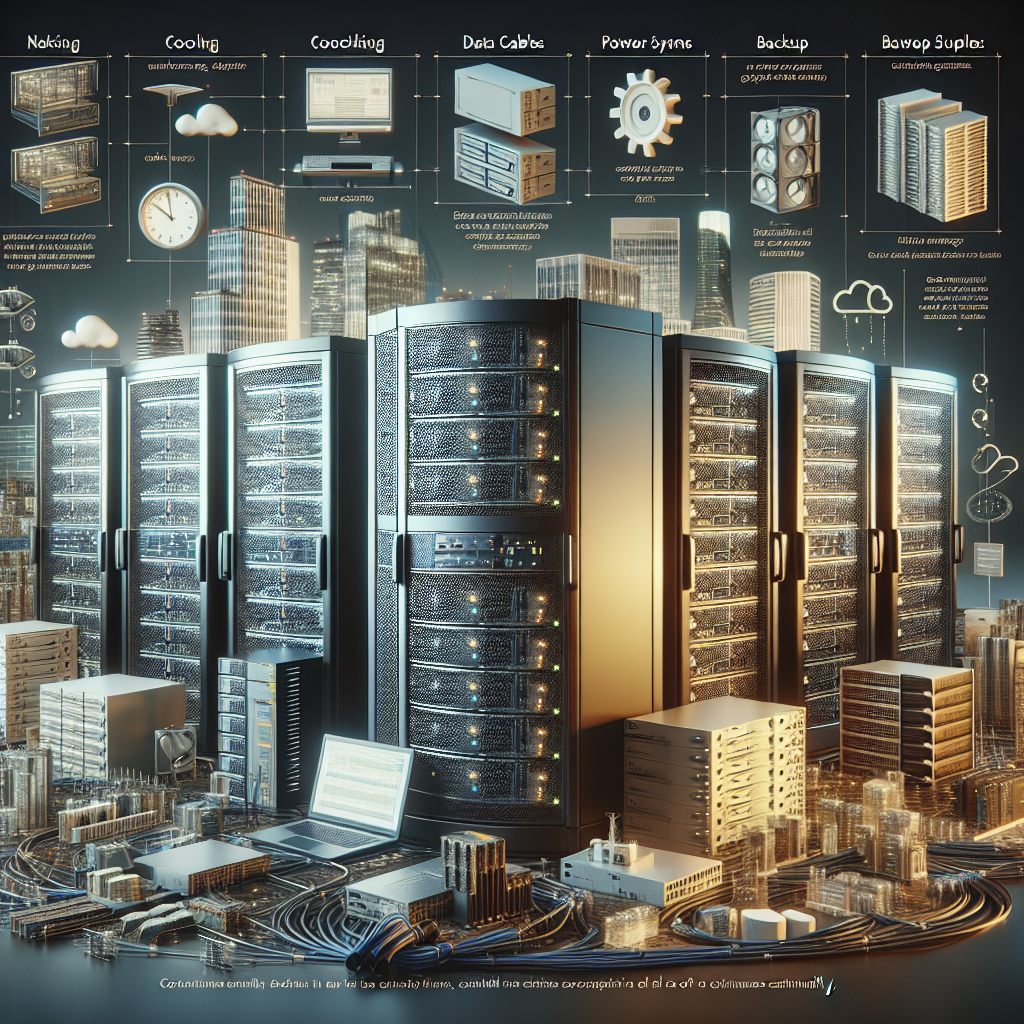In today’s fast-paced, technology-driven world, businesses rely heavily on their data centers to store and process critical information. Data centers are the backbone of any organization, playing a crucial role in maintaining business continuity. However, with the increasing threat of natural disasters, cyber attacks, and other disruptions, it is essential for businesses to ensure their data centers are resilient and able to withstand any unforeseen events.
Data center resilience refers to the ability of a data center to continue operating effectively even in the face of disruptions. By implementing robust resilience measures, businesses can minimize downtime, protect their data, and maintain business continuity. Here are some key strategies for maintaining business continuity through data center resilience:
1. Redundancy: One of the most critical aspects of data center resilience is redundancy. This involves having backup systems and components in place to ensure continuity of operations in the event of a failure. Redundancy can be built into various aspects of the data center, such as power supplies, cooling systems, and network connections.
2. Disaster recovery planning: Businesses should have a comprehensive disaster recovery plan in place to guide them in the event of a major disruption. This plan should outline the steps to be taken to restore operations quickly and efficiently, including data backup and recovery procedures.
3. Regular testing and maintenance: It is essential for businesses to regularly test and maintain their data center infrastructure to identify any potential vulnerabilities or weaknesses. By conducting regular tests and maintenance, businesses can ensure their data center is resilient and able to withstand disruptions.
4. Security measures: Data center security is another critical aspect of maintaining business continuity. Businesses should implement robust security measures to protect their data from cyber attacks and unauthorized access. This includes implementing firewalls, encryption, access controls, and monitoring systems.
5. Monitoring and alerting systems: Businesses should have monitoring and alerting systems in place to detect and respond to any issues or anomalies in the data center. These systems can help businesses identify potential problems before they escalate into major disruptions.
In conclusion, maintaining business continuity through data center resilience is essential for businesses in today’s digital age. By implementing robust resilience measures, such as redundancy, disaster recovery planning, regular testing and maintenance, security measures, and monitoring systems, businesses can ensure their data centers are able to withstand any disruptions and continue operating effectively. Investing in data center resilience is crucial for protecting critical business operations and maintaining customer trust and confidence.


Leave a Reply